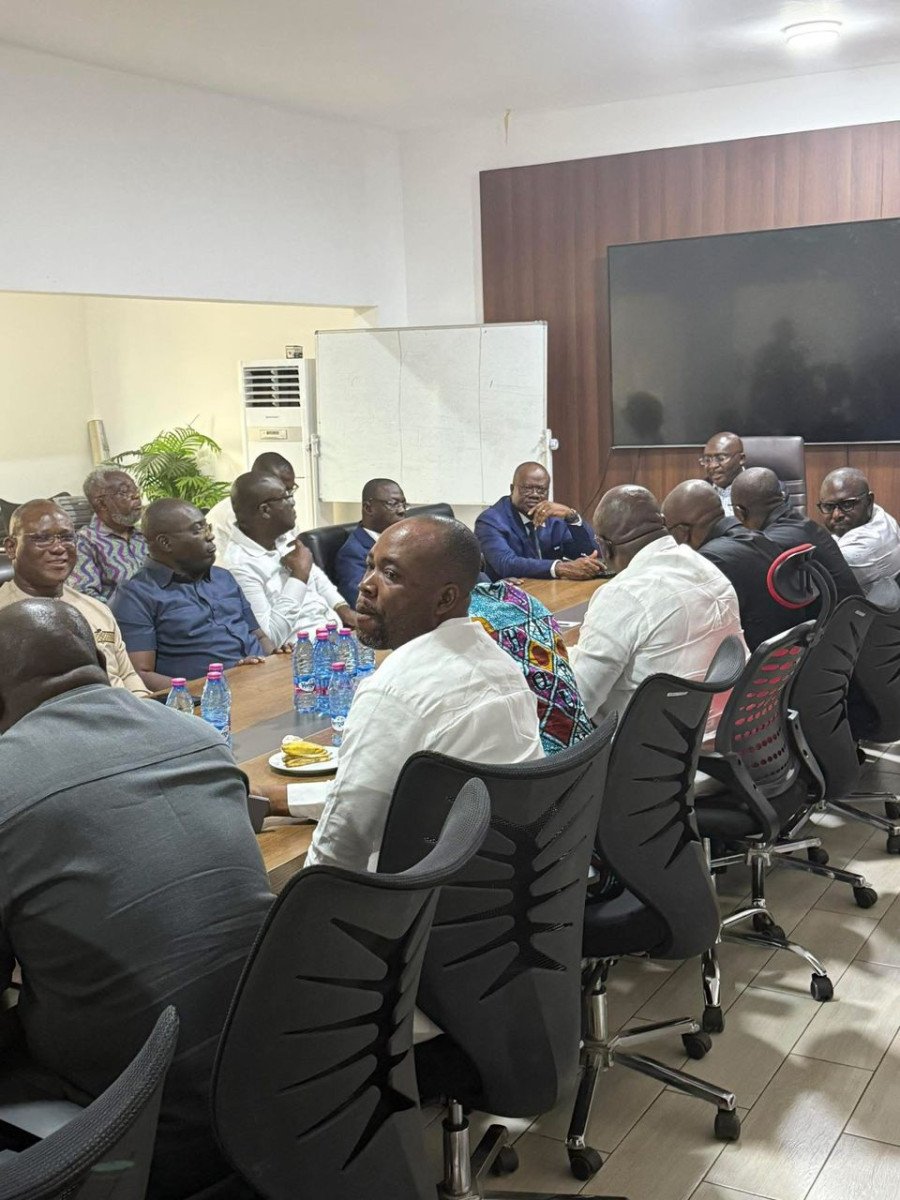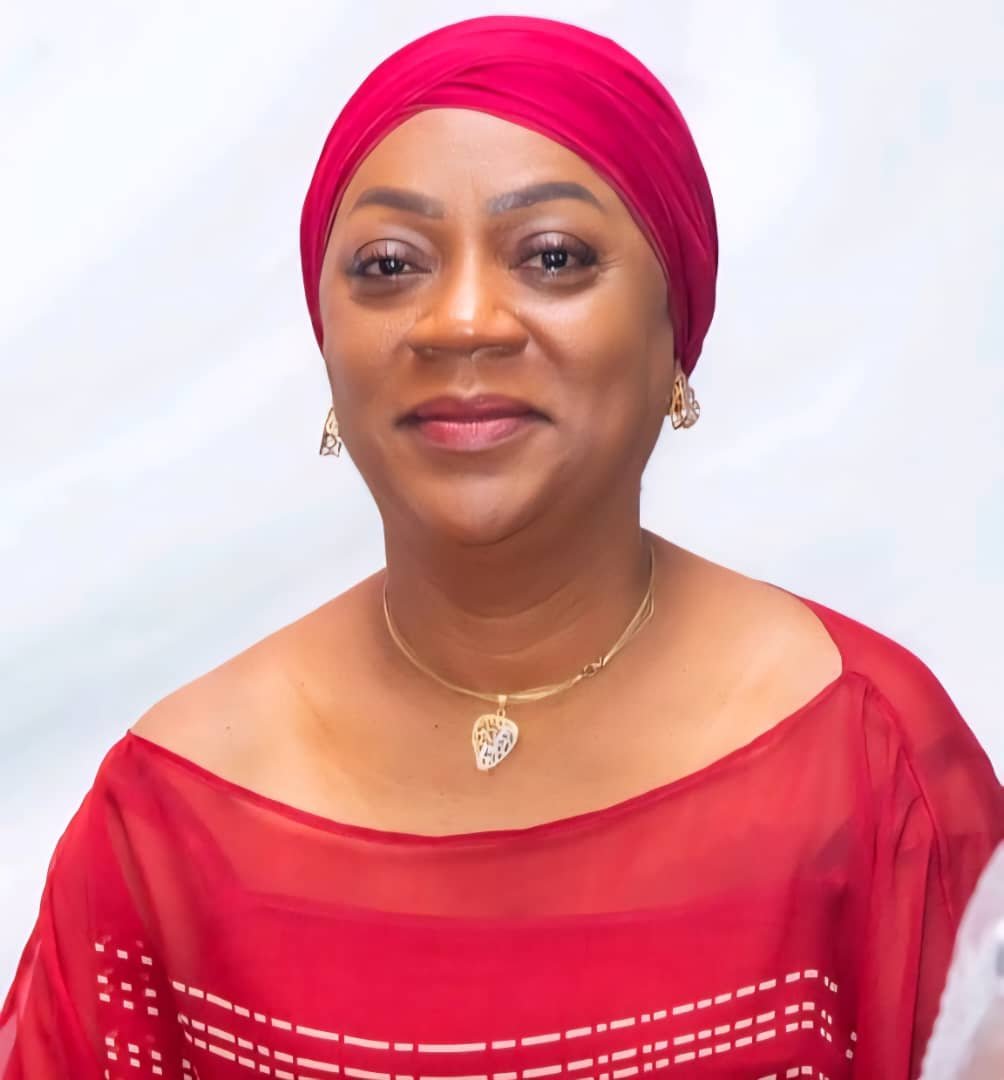As the world continues to evolve and digital advancements shape the way we live, work, and learn, the demand for digital skills and competencies grows ever stronger.
The global economy is rapidly shifting towards a digital-based model, and this trend is reflected in Africa, where the mobile and Internet industries are driving socio-economic growth and development.
However, despite this progress, the digital divide remains a significant challenge in many African countries, including Ghana. A survey conducted by the Ghana Statistical Service in 2016 revealed that a mere 8.6% of Ghanaian households had access to the Internet. This highlights the need for greater investment in digital connectivity and access in Ghana.
Moreover, a report by the International Finance Corporation (IFC) highlights that there is a significant gap in supply and demand across all skill levels in Sub-Saharan Africa. This digital skills gap presents a major obstacle to realizing the full potential of Africa's rapidly growing digital industries and underscores the importance of prioritizing and investing in digital literacy and technology education across the continent.
It is imperative that Ghana, along with other African countries, takes proactive steps to close the digital skills gap and prepare its workforce for the jobs of the future.
Creating a digital classroom
To address the digital skills gap in Ghana, it's crucial for the country to prioritize and invest in digital literacy and technology education. By doing so, individuals in Ghana will be better equipped to take advantage of the growing number of job opportunities in the digital sector and be prepared for the future workforce.
Vodafone Ghana is taking a leading role in transforming digital education in the country by partnering with the Kwame Nkrumah University of Science and Technology (KNUST) to open a digital learning centre on campus. The centre is designed to provide remote education to students and is equipped with state-of-the-art digital tools and technology. The project, which is part of Vodafone Ghana's “Connected Education” service, is aimed at contributing to the education of the youth and the future of Ghana.
The Connected Education service offered by Vodafone Ghana includes a range of mobile services that allow students and school administrators to work together efficiently. The services include discounted mobile data, free calls, access to online resources, and wide-area network solutions with dedicated internet. Vodafone Ghana is also providing managed Wi-Fi and unified communication services and enabling a cashless campus through Vodafone Cash.
Upskilling teachers
Soon, Vodafone Ghana aims to empower teachers through its Connected Education service by providing them with the necessary tools and resources to integrate digital learning into their lessons. The company realizes the crucial role teachers play in the education system and seeks to support their efforts by offering training services that cater to their unique needs and help them design effective hybrid lessons.
Vodafone Ghana recognizes the importance of addressing the digital skills gap, as research shows that a significant percentage of teachers lack experience and formal training in using technology in the classroom. The company believes that its Connected Education service will serve as a solution that not only provides access to digital learning tools, but also supports the upskilling of teachers.
Improving access to technology
Vodafone Ghana is committed to providing access to high-quality education and empowering students and teachers through technology. To further this mission, the company has partnered with the Ministry of Education and other local educational institutions to launch Instant Schools, the largest philanthropic program in the Vodafone Group Foundation's 25-year history.
Instant Schools provides free access to online learning materials for millions of young people in Africa, including subjects such as Math and Science from primary to secondary level. The educational content is a combination of high-quality global and local content, initially provided by Khan Academy, with the aim of aligning it with the local curriculum in the future.
The service is designed for simple, low-cost devices with basic data connectivity (3G) and is zero-rated for Vodafone Ghana subscribers, meaning users will not be charged for data usage within Ghana when accessing the content through the company's mobile data network. However, data charges will apply if the service is accessed outside the country.
As a long-term cumulative program, Vodafone Ghana aims to increase the reach, scale, and relevance of Instant Schools over time, including encouraging other major mobile operators in the country to adopt a similar approach. This initiative underscores Vodafone's dedication to using technology to build more inclusive and resilient societies, ensuring that every generation can participate in the digital economy of the future.








